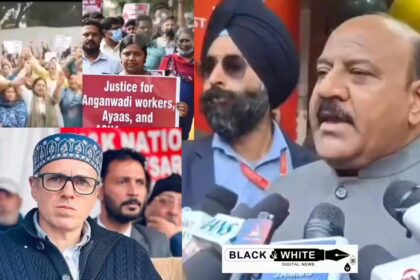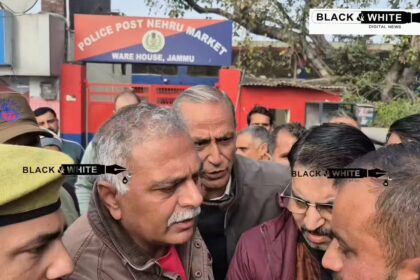NEW DELHI:Recent reports have highlighted a notable disparity between the wealth of many Lok Sabha MPs and the economies of their constituencies. Over 90% of winning candidates in the latest Lok Sabha elections are millionaires. Prominent among them are names like:
Shatrughan Sinha (Bihar):With a net worth of approximately ₹112 crores.
Jayadev Galla (Andhra Pradesh): Worth around ₹683 crores.
Hema Malini (Uttar Pradesh):Holding assets worth ₹250 crores.
Konda Vishweshwar Reddy (Telangana): With a net worth of ₹895 crores, making him one of the richest MPs.
Rajkumar Dhoot (Maharashtra):Worth around ₹280 crores.
Rajeev Chandrasekhar (Karnataka):Holding assets worth ₹600 crores.
Jyotiraditya Scindia (Madhya Pradesh): Worth approximately ₹374 crores.
Nakul Nath (Madhya Pradesh):Holding assets worth ₹660 crores.
Sujay Vikhe Patil (Maharashtra): Worth ₹125 crores.
Pratap Simha (Karnataka):Holding assets worth ₹13 crores, though relatively lower, still significant compared to his constituents.
The wealth of these MPs contrasts starkly with the economic conditions in their constituencies, where per capita incomes and access to basic services often lag behind national averages. For example, the average per capita income in a rural Bihar constituency is significantly lower than the national average, raising questions about economic equity and representation.
Salary and Perks of Lok Sabha MPs:
Basic Salary:₹1 lakh per month.
Constituency Allowance:₹70,000 per month.
Office Expenses:₹60,000 per month.
Other Allowances:Include daily allowances, travel allowances, and free accommodation.
Perks for Union Ministers:
Basic Salary: ₹2 lakh per month.
Sumptuary Allowance: ₹3,000 per month.
Travel and Medical Facilities:Unlimited free travel for official duties and comprehensive medical coverage.
Housing and Staff:Free accommodation in Delhi and staff support for official duties.
Implications:
The reports of over 90% of winning candidates being millionaires highlight a broader trend of wealth concentration among political representatives. This trend raises critical questions about the representation of economically disadvantaged populations and the potential impact on policy-making and governance.
Prime Minister Narendra Modi has consistently emphasized his commitment to a corruption-free India, a vision he reiterated after three terms in office, focusing on building a strong and inclusive nation. Despite these assurances, the contrast between the affluent MPs and the economic struggles of their constituencies remains stark. Many Indians still rely on free rations and subsidies for gas cylinders, pointing to the persistent economic disparities.
The contrasting fortunes of millionaire MPs and their often underdeveloped constituencies underscore the ongoing challenges of achieving economic equity and effective governance in India.
Leave a comment
You Might Also Like
J&K Government Approves 18% Increase in Public Transport Fares from January 2026
J&K Government Approves 18% Increase in Public Transport Fares from January 2026 #JKGovt #PublicTransport #FareHike #TransportFareHike #JammuAndKashmir #JKNews #SrinagarNews #PublicTransportUpdate…
0 Min Read
Hum Daily Wagers Ko Phase Wise Permanent Karege Sunil Sharma Sahab Jawab De Rattle Power Project K Logon Ko Kam Kyu Nahi Krne De Rahe Hai Deputy CM Surinder choudhary
Hum Daily Wagers Ko Phase Wise Permanent Karege Sunil Sharma Sahab Jawab De Rattle Power Project K Logon Ko Kam…
0 Min Read
Warehouse Jammu Me Police Aur Labour Issue Ko Deepak Gupta Ne Hal Karwa Diya
Warehouse Jammu Me Police Aur Labour Issue Ko Deepak Gupta Ne Hal Karwa Diya #DeepakGupta #JammuWarehouse #PoliceAurLabourIssue #IssueResolved #ProblemSolved #JammuNews…
0 Min Read
My Tarigami Protest In Jammu Favour Of Daily Wagers Asha Workers
My Tarigami Protest In Jammu Favour Of Daily Wagers Asha Workers
0 Min Read







